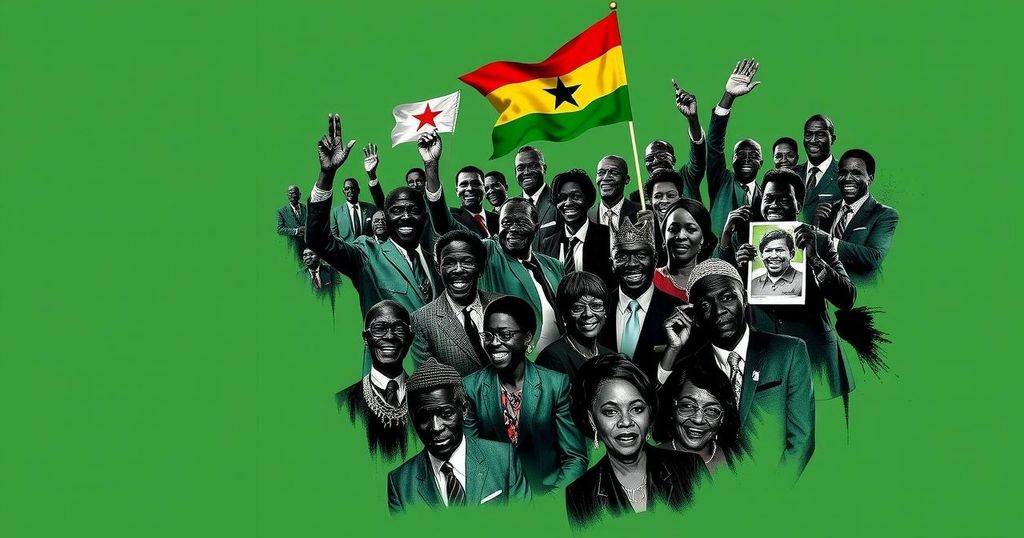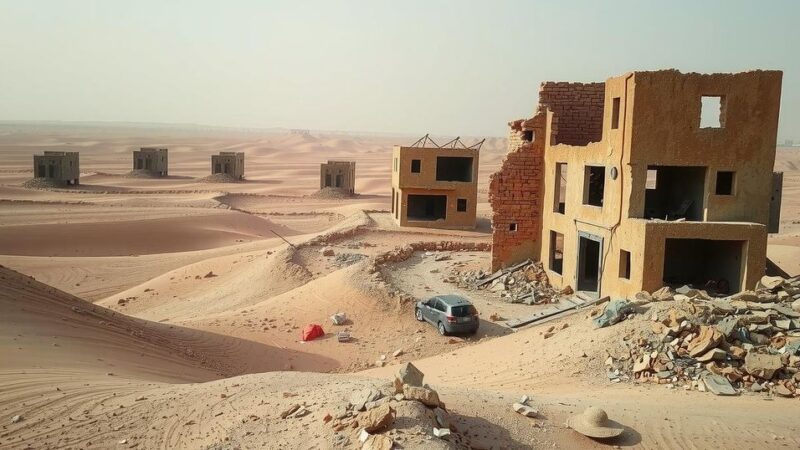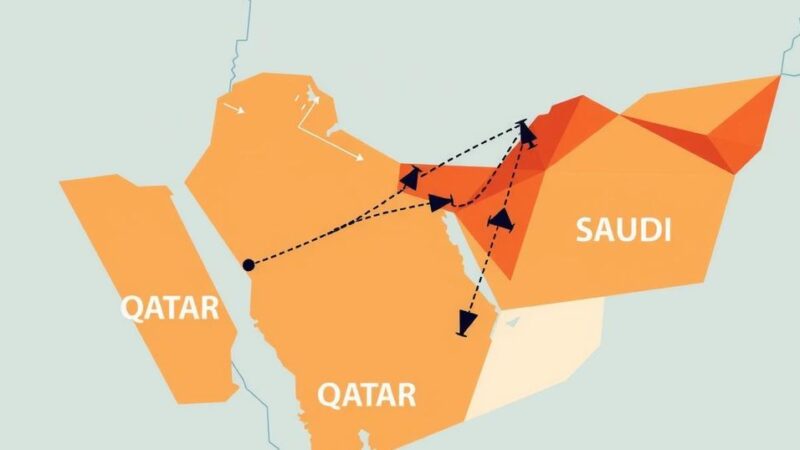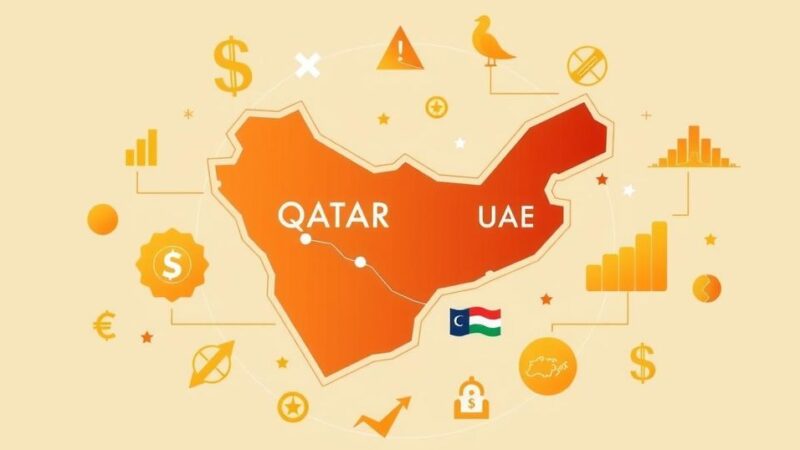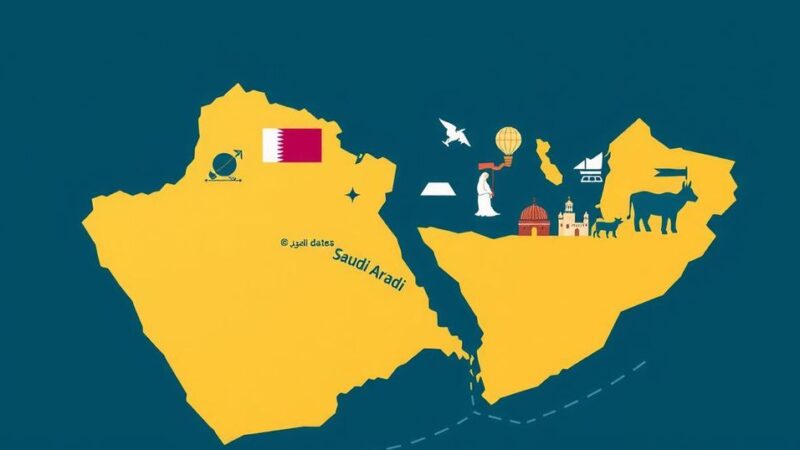The United Nations has called for South Sudan’s leaders to act urgently in facilitating a democratic transition, following President Salva Kiir’s postponement of elections to December 2026. UN envoy Nicholas Haysom highlighted the growing frustrations among South Sudanese citizens regarding political inaction. With a series of benchmarks to meet, the UN mission urges for collective efforts to stabilize the nation and ensure that forthcoming extensions lead to substantive reforms.
The United Nations has urged the leadership in South Sudan to reaffirm their dedication to a democratic transition, highlighting the urgency for reforms amid a recent delay in electoral processes. Initially set for December, the elections are now postponed to December 2026, as declared by President Salva Kiir. This delay has exacerbated frustrations among the South Sudanese, who are weary of the stagnation in political leadership and the lack of implementation of the peace agreement, according to UN envoy Nicholas Haysom. He emphasized that the critical timeline for these reforms has commenced, warning that without decisive action, South Sudan may find itself in a similar crisis in 2026. The UN mission, UNMISS, has outlined six essential benchmarks to foster progress, including the unification of the army and the establishment of a voting system, as the nation continues to grapple with extreme poverty, political instability, and the aftermath of conflict that claimed numerous lives.
South Sudan, which gained independence in 2011, has faced significant challenges in governance and stability since its establishment as the world’s youngest nation. The conflict that erupted in 2013 resulted in approximately 400,000 deaths and massive displacement of civilians. Despite a peace agreement in 2018 between President Kiir and Vice President Riek Machar, progress toward a stable political environment has been fragmented, with repeated postponements of constitution development and elections. The current situation remains fragile, marred by ethnic tensions, climate-related challenges, and corruption, which necessitates careful international scrutiny and support for South Sudan’s leaders to pursue a credible democratic path.
In conclusion, the UN has highlighted the critical need for South Sudan’s leadership to take urgent and meaningful steps toward democratic reform, particularly following the updated election timeline. As the nation contends with a legacy of conflict and instability, it is essential that both local and international stakeholders collaborate to ensure that the proposed extensions for political transition are effectively utilized to achieve long-lasting peace and democracy. The international community remains alert to the necessity for genuine commitment from South Sudan’s political leaders to shape a stable future.
Original Source: www.barrons.com
